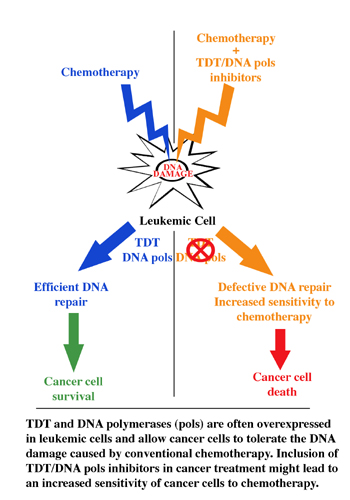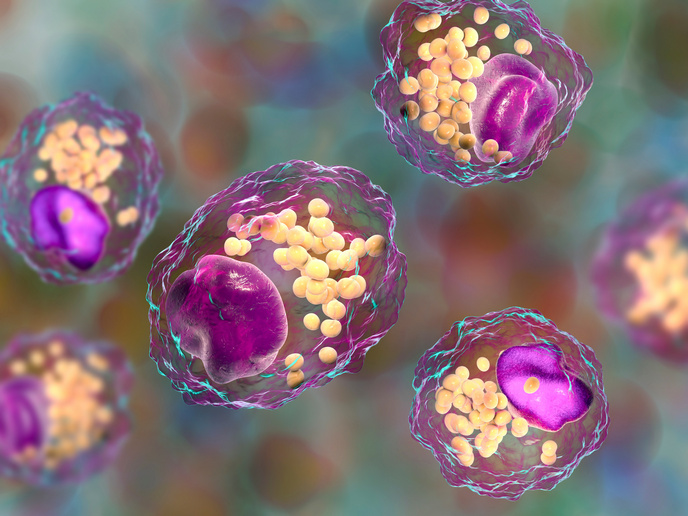Focus on cancer inhibition
The EU funded project REPBIOTECH organised an in-depth research initiative on the key process of DNA replication. Laboratories in five European countries coordinated the effort to unravel the molecular secrets of this process that forms the basis of a plethora of diseases. Scientists based at the National Research Council in Lombardia, Italy focused on natural inhibitors of polymerases, enzymes responsible for the control of the many processes in replication. These include the maintenance of chromosome end regions, telomeres, and cohesion of the sister strands of DNA. One potential inhibitor that has already made its way into the natural supplements market is resveratrol. A powerful antioxidant, it is found in grapes, red wine, peanuts and other plants. It has been claimed that it can act against inflammatory diseases, atherosclerosis and cancer. The researchers found that resveratrol has specific regions in the molecule that can selectively inhibit the action of two of the four families of polymerases (pols). Also, the potential for investigation of derivatives of resveratrol was given a boost. It was found that one in particular has the same efficacy as aphidicolin, a particularly effective replication inhibitor. Another piece of their research focused on a close relative of polymerase 1, TDT or terminal deoxyribonucleotidyl transferase. Elevated TDT activity is evident in up to 90% in certain types of leukaemia. The team investigated the action of three inhibitors of TDT action, all diketo hexenoic acids (DKHAs). They researched their effect on two types of cancer cell - the cervical cancer HeLa cell and TDT+ leukaemia cells. Interestingly, one of the DKHA analogues had no effect against HeLa cells but showed cytotoxic action against the leukaemia cells which indicates strong specificity. The selective inhibitory nature of these compounds makes them promising candidates as anticancer agents. Commercial interest, dependent on further trials, has been indicated for these molecular restrainers that act at the very root of tumour development.







